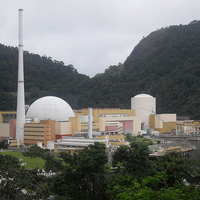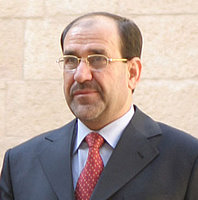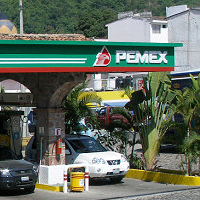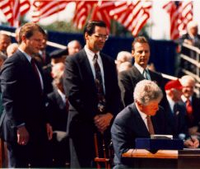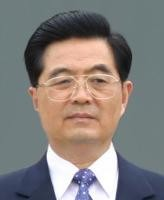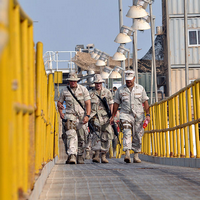
On Oct. 11, Iranian Oil Minister Massoud Mir Kazemi announced a reassessment of the country’s oil reserves, increasing them by 9 percent to 150.31 billion barrels, from the previous official figure of 138 billion barrels. The announcement closely followed a similar move by Iraq, which had a week earlier raised its proven reserves by one-quarter — to 143 billion barrels — allowing Iraq to temporarily overtake Iran as the world’s third-largest oil-reserve holder. The back-to-back announcements do not signal the discovery of new oil in the Middle East, however. As Iranian and Iraqi subsoil resources have been extensively surveyed over […]

